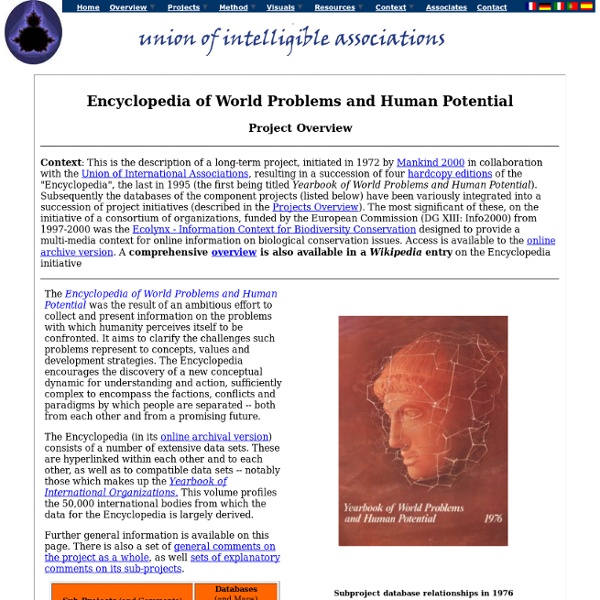



Université Interdisciplinaire de Paris Assembled Philosophers SOCIAL FACTORS SHAPING PERCEPTION AND DECISION-MAKING Elsewhere we examined several great tensions shaping the human condition: the role of nature versus nurture in shaping humans' social fates and the tensions between the needs of individuals' and the needs of their social systems. The relative importance of these tensions--and relative potency of one force versus the other--has produced great divides in social psychological theories. Another issue generating a major schism involves the workings of the human psyche, whether individuals' decision-makings are more-or-less rational (or, perhaps are determined by some universally uniform neural brain design) or whether they are shaped by uncontrollable sociocultural (external) or emotional (internal) forces. Here, the intent is to stress the socio-cultural component of consciousness and thought. The idea that "true" reality is never truly graspable by humans' sensory and cognitive equipment goes back at least to the works of Plato. Consider the social construction of sensory distinctions.
Conservatoire Numérique des Arts et Métiers Découvrez la psychologie The Basic Laws of Human Stupidity by Carlo M. Cipolla, Professor of Economics, UC Berkeley in Whole Earth Review, Spring 1987 The First Basic Law of Human Stupidity asserts without ambiguity that Always and inevitably everyone underestimates the number of stupid individuals in circulation... As you consider Dr. ________________________________________ From: Adrian Giga [adrian.giga@humanitas.ro] Sent: Tuesday, October 29, 2013 3:13 AM To: Webmaster Subject: ECOMAIL Ecotopia Website - copyright infringement Dear webmaster, Please note that at the following URL: is posted a material that we seriously suspect it has not the permission of the exclusive rights of the owner (
In Libro Veritas Thésaurus de l’UNESCO – descripteurs en français, anglais, espagnol et russe Le Thésaurus de l'UNESCO est une liste de termes contrôlés et structurés pour l'analyse thématique et la recherche de documents et publications dans les domaines de l'éducation, la culture, les sciences naturelles, les sciences sociales et humaines, la communication et l'information. Continuellement enrichie et mise à jour, sa terminologie reflète l'évolution des programmes et des activités de l'Organisation. Le Thésaurus de l'UNESCO contient 7.000 termes en anglais et en russe, et 8.600 en français et en espagnol. Liste alphabétique Taper les premières lettre du terme puis cliquer sur : 'Chercher' pour afficher la liste alphabétique 'Index' pour afficher la liste permutée des termes Liste hiérarchique Liste des sept principaux domaines classés en microthésauri, permettant d'avoir un rapide aperçu du sujet traité Vous pouvez lancer une recherche dans le catalogue en ligne (UNESDOC) à partir d’un descripteur.
Baptiste Coulmont Ebooks Gratuit : Livres Pdf Encyclopedia of Earth List of rampage killers This is a partial list of rampage killings. It is further divided into several subsections. This list shall contain every case with at least one of the following features: Rampage killings with six or more dead (excluding the perpetrator)Rampage killings with at least four people killed and a double digit number of victims (dead plus injured)Rampage killings with at least a dozen victims (dead plus injured) In the tables that follow, the "W" column indicates the weapon, or weapons, used. Africa and the Middle East[edit] Only the first 15 entries are shown here. This section contains cases that occurred in Africa and the Middle East. Americas[edit] Only the first 15 entries are shown here. This section contains cases that occurred in the Americas. Not included are school massacres, workplace killings, hate crimes or familicides, which form their own categories. Asia[edit] Only the first 15 entries are shown here. This section contains cases that occurred in Asia. Europe[edit] Grenade amok[edit]
blog de livres ebook pdf gratuit.over-blog.com - Ici vous trouverer des pdf et ebook a télécharger